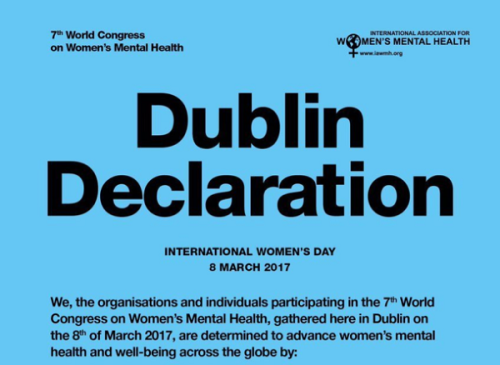1 November 2023

An attempt to undermine the Dublin Declaration may have backfired. It is exactly a year since the Dublin Declaration, in which prominent academics and medical professionals have pledged to support and contribute to efforts to show scientifically that livestock farming brings benefits to society, first came to light. Report by Leatherbiz.
More than 1,000 scientists with high levels of knowledge and expertise about the contribution livestock can make to human wellbeing and to the health of the planet have now signed the Dublin Declaration, committing themselves to making their evidence-based arguments heard in the public square.
In time for the document’s first anniversary at the end of October, London-based newspaper The Guardian published an article that said the academics behind the Dublin Declaration have “significant links to the livestock industry and its consultants”.
Its information for the article came from Unearthed, a journalism project run by campaign group Greenpeace UK. The article aimed particular criticism at two of the six members of the organising committee that initiated the Dublin Declaration, Prof Dr Peer Ederer and Prof Dr Frédéric Leroy, mostly because of negative comments they have made in the past about vegan diets and plant-based foods that consumers are being encouraged to use instead of meat.
After The Guardian raised concerns about potential conflicts of interest, a new page on authorship appeared on the Dublin Declaration website. It said: “No financial funding or other material support has been received from any third-party source, whether private or public, to arrange, coordinate, co-author or publish the Dublin Declaration.”
It then listed the non-remunerated work that the organising committee members do for a number of meat and livestock sector research organisations around the world. Explaining the addition of the new page on authorship to the Dublin Declaration website, Professor Ederer told The Guardian: “We had not [previously] reported about our potential conflicts of interest, as would be common in scientific practice, so we fixed this.”
Following the publication of the article, a prominent anti-meat figure and frequent contributor to The Guardian, George Monbiot, took to social media to say the Dublin Declaration was “pseudo-scientific claptrap aimed at regulators, denying the impacts of animal farming”. He also said he had been wondering about its sudden emergence last year and that it was now clear to him that “the meat lobby was all over it”.
In an immediate response, Professor Leroy turned questions about objectivity back at The Guardian. He pointed out that the newspaper had acknowledged receipt of funding from Silicon Valley-based project Open Philanthropy to publish content that is critical of meat and livestock farming. Professor Leroy said this funding amounted to almost $1.8 million. Open Philanthropy is an investor in synthetic substitutes for meat and in a company set up by the former campaigns director at a prominent animal rights group to develop technology for manufacturing vegan food products.
In further comments, Professor Leroy said he supported meat consumption but recognised the need for fundamental change to animal agriculture practices. He insisted he was not involved in lobbying for the corporate animal agriculture sector.
He went on to describe the new article in The Guardian as an attempt to “disingenuously frame scientific work countering radical anti-livestock rhetoric as having been paid for by ‘Big Meat’. “This is patently untrue,” the Belgian academic added, “[while] The Guardian gets paid lots by the vegan-tech crowd to generate radical anti-livestock rhetoric.”
我们为皮革、物料及时装业界创造面对面洽谈的机会,为客户缔造实质商机。我们云集世界各地的商家,让他们寻找新的合作伙伴,发掘潜在客户或供应商,并掌握业界最新发展。
我们主办多个专注时尚及生活潮流的商贸展览会, 为这不断变化的行业,提供最全面的买家及参展商服务,方便他们了解急速转变的行业环境,并预测来季趋势。

使用条款 | 隐私政策 | APLF 可持续发展